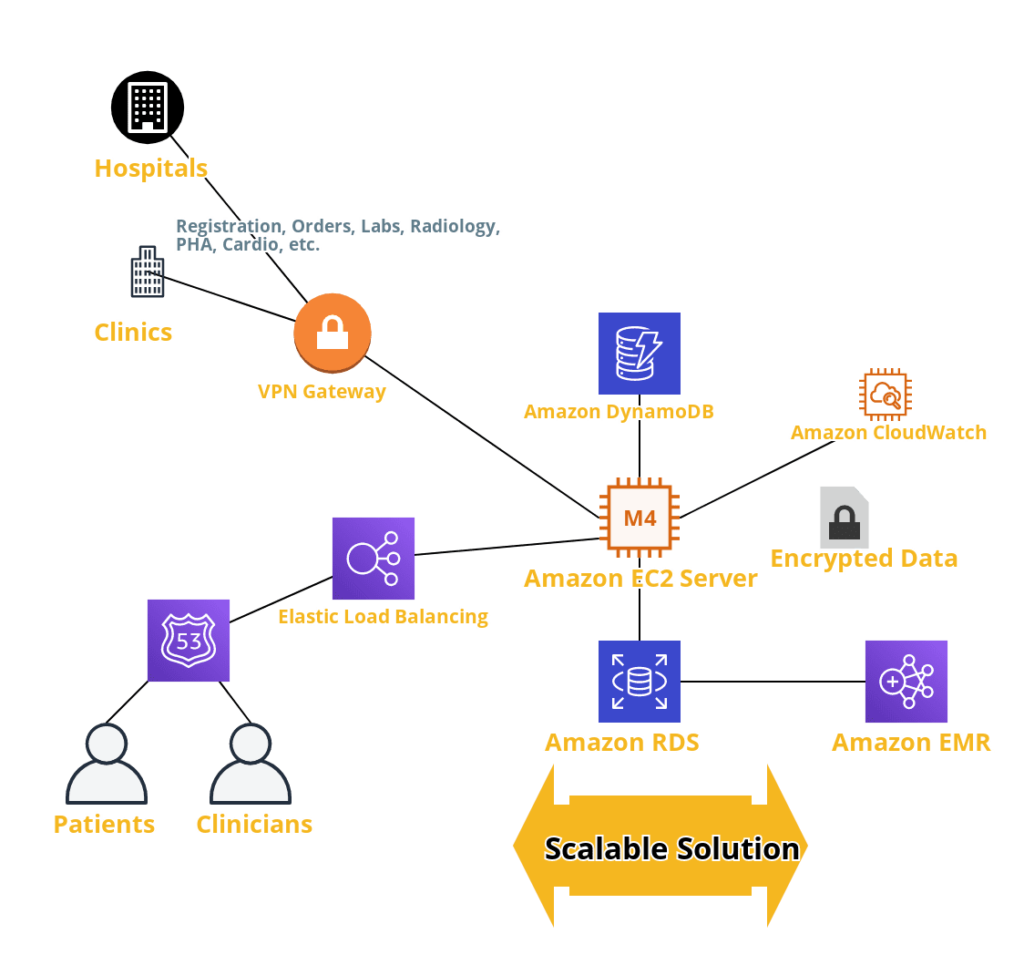In this episode of This Week In Health Tech, Vik and Jimmy are joined by John Marchica, CEO of Darwin Research, where they discuss the challenges put forth by COVID-19.
Here is what they discussed:
- “With the research your company does, are you seeing any trends related to COVID-19?”
- The group discuss the current pandemic and the effect its had on Arizona and Vik then asks if Darwin Research has seen and trends with the research they conduct. John comments that because of the fluidity of COVID, it is difficult to predict what the future holds.
- “The research suggests that Telehealth is here to stay.”
- Telehealth has finally emerged because of the pandemic, and Vik ponders if it’s here to stay for good. John comments that the research suggest Telehealth is here to stay but currently many are band-aid solutions.
- “What does the research say about a future COVID-19 vaccine?”
- John highlights the research involved in developing a new vaccine, and the group discuss when the vaccine will potentially be available.
- “It’s amazing to see how rapidly the digital transformation is being implemented.”
- Vik highlights the process of treating COVID-19 as another service line as seen by Tido’s integration and web teams, and how the intake of patients happens starting from scheduling, pre-registering, and paying online is being streamlined.
- “Everyone will have to invest in this(digital integration) because its going to save them money at the end of the day.”
- The transition to all digital is inevitable, and COVID certainly accelerated the process. Vik goes into detail on why health providers needs to transition to digital sooner than later.
Listen to the full episode:
Learn more about Tido’s Digital Packages:
Tido’s Digital Packages
Learn more about Tido’s Integration Packages:
Tido’s Integration Packages
Darwin Research Group Website:


